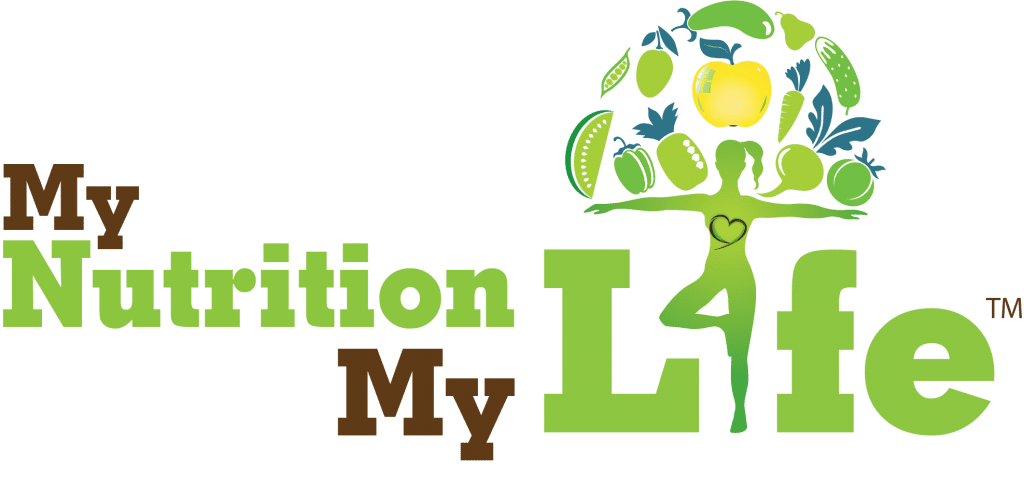- Nutrition: Hormones are produced using good fats and cholesterol, so lack of these important dietary factors can cause hormone problems simply because the body doesn’t have the building blocks to make them.
Make sure you incorporate more omega-3 fatty acid containing foods in your diet. Eliminate white flour and processed foods from your diet. Instead, eat plenty of fiber rich whole grain, fruits and veggies, which are critical for the hormone metabolism process. - Cleanse your Liver – The liver is responsible for eliminating excess. In addition, estrogen-mimicking chemicals found in many products and in the environment would also be eliminated by the liver. Therefore, supporting the liver I believe is THE most important and essential part of treating hormonal imbalance. If the liver is congested, fatty or overtaxed, all the good things you are doing won’t be very effective until that liver is cleansed and balanced. Check out our natural food detox program.
- Well rested sleep: Make sure you are getting good sleep. Lack of sleep affects your cortisol and leptin levels . Limited sleep is linked to hormonal changes that increase hunger and appetite, triggering weight gain. Insufficient sleep will result in lower leptin levels leading to slower metabolism and weight gain.
- Manage your stress: Even if you’re doing everything else right, if you’re stressed out, high levels of cortisol will throw all your hormones off balance. Take frequent deep breathing and appreciation breaks throughout the day to support your hormones. Reduce stress through exercise
- Supplementation: Nutrient deficiency also might affect your hormone balance. For example the conversion of T4 (inactive thyroid ) to T3 ( active a=hormone) Requires minerals such as magnesium and selenium . Deficiency of these nutrients can affect your thyroid hormones. Therefore checking for nutrient deficiencies and adding the right supplements is crucial. Click here to learn more about micronutrient testing
Did you know?
Avocados contain high amounts of good fats which help in the production of healthy cholesterol. Hormones are manufactured from healthy cholesterol and the higher the reserves the more balanced the hormone production will be. Avocados are a good source of vitamin K, dietary fiber, vitamin B6, vitamin C, folate, potassium and copper. Avocados have more potassium than a banana. Dietary fiber, vitamin B6, vitamin C and folate are all essential for the healthy function of the hormonal system.
